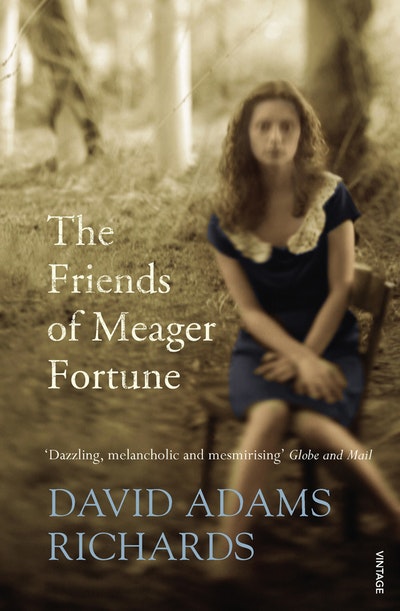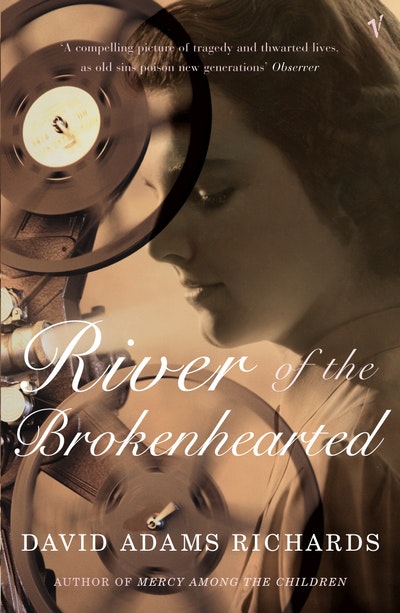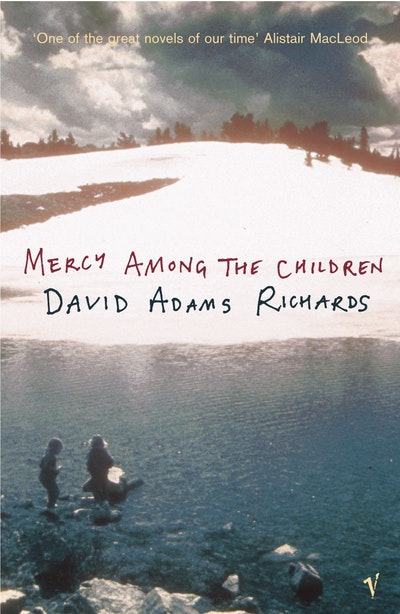- Published: 1 February 2011
- ISBN: 9781446402955
- Imprint: Vintage Digital
- Format: EBook
- Pages: 256
Lines On The Water
- Published: 1 February 2011
- ISBN: 9781446402955
- Imprint: Vintage Digital
- Format: EBook
- Pages: 256
Like Hardy before him, Richards seems determined not only to dignify the inhabitants of his native rural community, but to give them a universal significance as well
The Times






